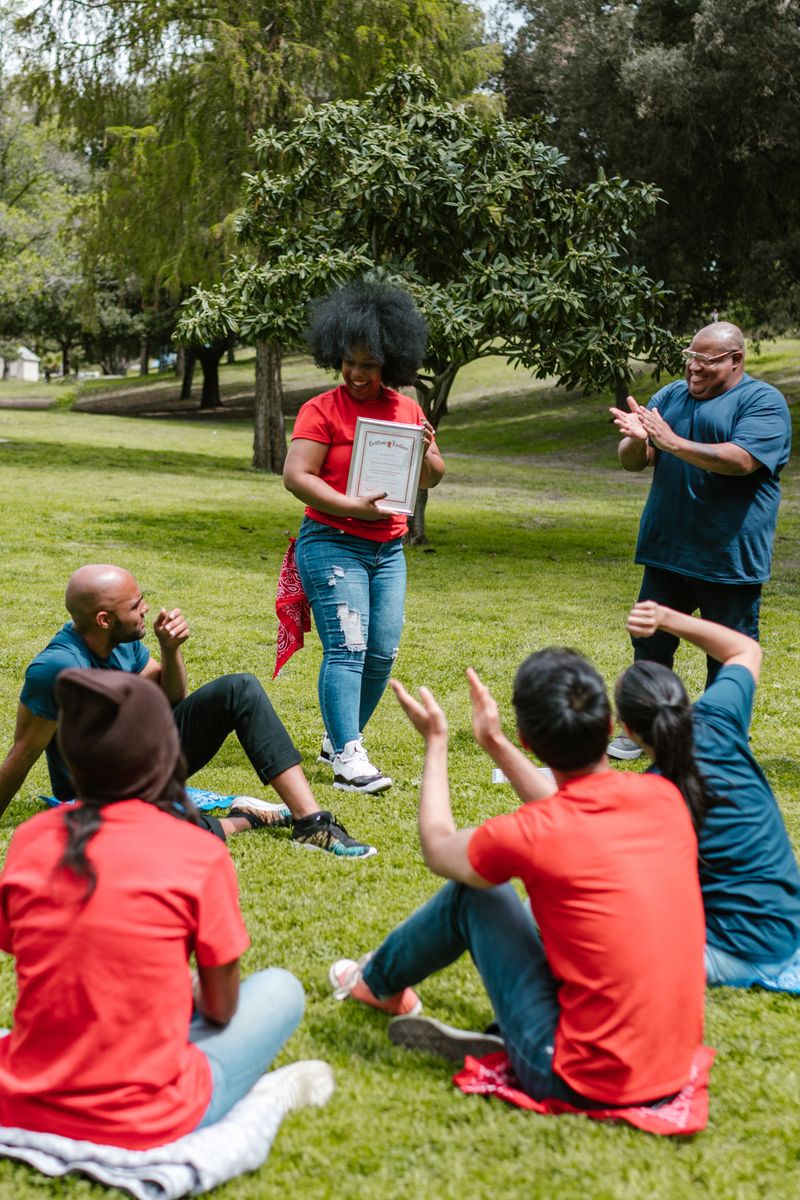How Biden Used Camp David to Elevate a Summit with Japan and South Korea
An Historic Summit at Camp David
Under President Joe Biden‘s administration, the United States has taken steps to expand its security and economic ties with Japan and South Korea. In a historic leaders’ summit held at Camp David, the presidential retreat in Maryland, the three nations discussed and agreed upon various important issues. The summit marked the first standalone meeting between Japan, South Korea, and the United States, demonstrating the significance and commitment of these countries to strengthening their relationships.
Building Stronger Ties and Countering China
The relationship between Japan and South Korea has had its fair share of disagreements, dating back to Japan’s occupation of Korea in the early 20th century. However, recent developments have shown an improvement in their bilateral relations. President Biden recognizes the importance of fostering stronger ties with both countries as part of his broader effort to counter China’s growing influence in the region.
At Camp David, meetings were held between President Biden, Japanese Prime Minister Fumio Kishida, and South Korean President Yoon Suk Yeol. They worked together to finalize what they called the Camp David Principles. During a joint press conference, President Biden reiterated the leaders’ shared commitment to peace and stability in the Taiwan Strait, and their commitment to address economic coercion and aggression in the South China Sea, a clear reference to China’s actions in the region.
Establishing Comprehensive Cooperation
The summit resulted in the agreement of several key areas of cooperation. The leaders pledged to engage in annual multi-domain military exercises, deepen information sharing on North Korean missile launches and cyber activities, and establish a new hotline for swift consultation during crises. Additionally, they committed to working on development finance for low- and middle-income countries, as a means to compete with China’s Belt and Road initiative.
Furthermore, the three countries plan to pilot a new early warning system for supply chain issues, particularly critical minerals or batteries. They also discussed collaboration in cancer research and artificial intelligence. These areas of cooperation reflect the shared interests and goals of the United States, Japan, and South Korea in advancing peace, stability, and prosperity in the region.
The Symbolism and History of Camp David
The choice of Camp David as the venue for this summit holds great symbolism and historical significance. The retreat has been used by U.S. presidents to deepen foreign ties since President Franklin D. Roosevelt invited British Prime Minister Winston Churchill for talks during World War II. The retreat’s location, nestled in a hilly forest away from the pressures of Washington, provides a tranquil setting conducive for meaningful discussions and relationship-building.
Throughout history, leaders at Camp David have engaged in important diplomatic negotiations. In 1978, President Jimmy Carter invited the leaders of Israel and Egypt to broker a peace deal that became known as the Camp David Accords. President Dwight Eisenhower also used Camp David during the Cold War to invite Soviet Premier Nikita Khrushchev for talks.
The seclusion and quietude of Camp David allow leaders to focus on the matters at hand and engage in uninterrupted discussions. The absence of distractions and the intimate atmosphere provide a unique opportunity for forging friendships and understanding between leaders.
The Revival of Camp David’s Diplomatic Role
In recent years, the role of Camp David in diplomacy had been sidelined during the Trump administration, as former President Donald Trump preferred to use his own properties for events. However, President Biden‘s decision to hold the summit at Camp David signals a revival of its diplomatic significance.
The choice of Camp David as the venue highlights the importance of this summit and the commitment of the United States to strengthening its alliances in the Indo-Pacific region. It also underscores President Biden‘s strategic approach and his determination to engage with Japan and South Korea in a meaningful way.
Conclusion: The Power of Diplomatic Settings
The utilization of Camp David for the Japan-South Korea-United States summit demonstrates the power of diplomatic settings in fostering meaningful discussions and strengthening relationships. The retreat’s seclusion, historical significance, and intimate atmosphere create an environment conducive to constructive dialogue and relationship-building.
As leaders face complex geopolitical challenges, it is imperative to make use of locations that facilitate open and trustworthy communication. The symbolism and history of venues like Camp David can enhance the gravity and importance of diplomatic events, conveying a message of lasting commitment and collaboration.
By elevating the Japan-South Korea-United States summit through its choice of venue, President Biden has underscored the unique nature of this partnership and the significance of working together to address regional and global challenges. It is a reminder that diplomacy extends beyond mere policy discussions and involves building relationships based on trust, understanding, and shared values.
As we look to the future, it is crucial for world leaders to recognize the power of diplomatic settings and utilize them effectively to promote cooperation, resolve conflicts, and advance shared goals. Camp David serves as a testament to the enduring importance of such settings and the potential they hold for shaping the course of international relations.

<< photo by RDNE Stock project >>
The image is for illustrative purposes only and does not depict the actual situation.
You might want to read !
- “DeSantis Memos Unveil Strategic Imperative: Rally Behind Trump and…”
- AJ Armstrong: The Fall of a Promising Athlete
- Hillary Clinton Calls Trump Indictments a ‘Terrible Moment for Our Democracy’
- Exploring the Baltimore Orioles’ Strategic Move: Acquiring Right-Hander Jack Flaherty from the Cardinals
- “The Orioles’ Strategic Move: Acquiring Jack Flaherty in a Deadline Deal”
- The Strategic Move: Steelers Boost Defense with One-Year Deal for Linebacker Kwon Alexander




